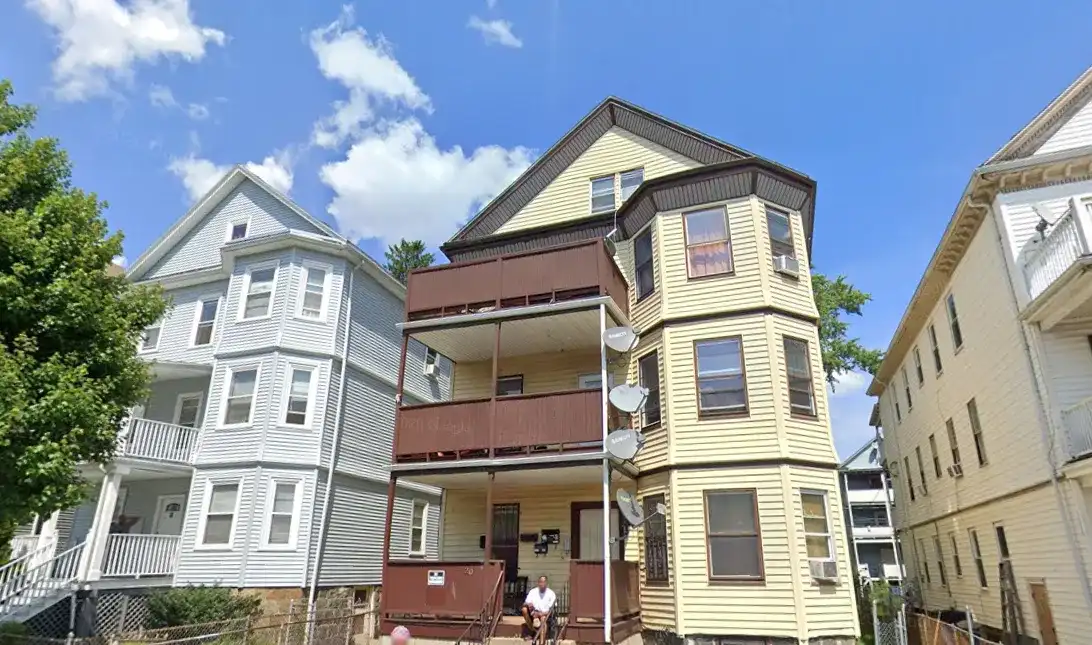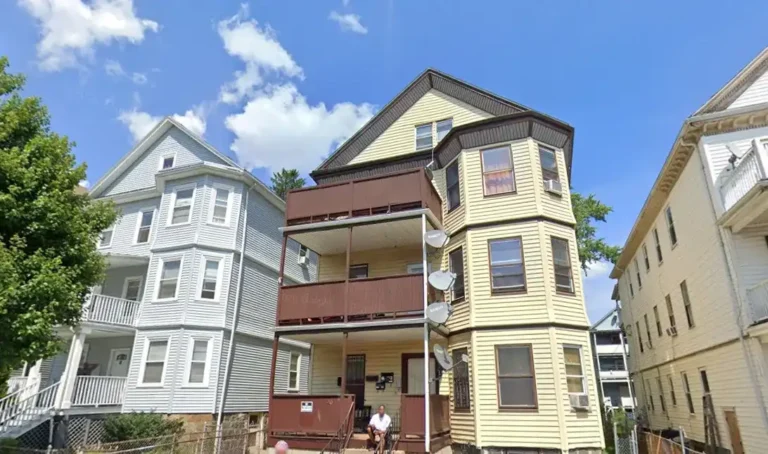
Admitting powerlessness meant that no amount of trying or practicing or self-control was going to change the way that drugs and alcohol affect my brain. Step one was a gateway to freedom and a proclamation of progress. I began moving from a lack of awareness into a new awareness and into the possibility of change. This cultivated the first glimmer of hope I felt in my sobriety – the idea that I was capable of living life in a different way.
Thinking About Treatment?

Our expert team is here to help you find relief and reclaim your life. Powerlessness means that you are thoroughly convinced that if you put alcohol in your what is alcoholism body, disaster will follow. Powerlessness means that you are not confused in any way that for you, alcohol is poison. When we think about recovery, we often picture individuals overcoming immense challenges and rebuilding their lives….
Strategies to Manage Hidden Drinking Triggers

Most examples of powerlessness in sobriety have to do with admitting that you cannot change your behaviors on your own. Getting help from others at a treatment facility and in peer recovery groups can benefit your sobriety. When we admit that we are powerless over alcohol or drugs, we admit that we are living with a disease that alters the chemical makeup of the brain. Someone suffering from this disease did not make a choice to go too far and lose control, and they are not inherently lacking in values or good character. AA meetings are helpful for many individuals in recovery from alcohol addiction.
What are the Benefits of Powerlessness in AA?
- Taking the first step as an alcoholic is the most courageous act in recovery.
- Rather, look at step one as knowing what you can and cannot handle.
- Corey has continued to grow The Freedom Center brand, educate his local community on Substance Use Disorder and become a pillar of the local recovery community.
- We offer renowned clinical care and have the compassion and professional expertise to guide you toward lasting recovery.
Samantha is a compassionate therapist dedicated to helping individuals navigate their mental health challenges and find healing and recovery. Currently pursuing her advanced degree in psychology, Samantha’s personal journey of overcoming addiction fuels her passion for supporting others on their path to wellness. Samantha’s own journey of recovery serves as a powerful foundation for her therapeutic services. She approaches her work with empathy, understanding, and non-judgment, recognizing that everyone’s path to healing is unique. Bunmi is a recent graduate of the University of Maryland, Baltimore County, where she earned her bachelor’s degree in Psychology with a concentration in Human Services.

Why Does Admitting Powerlessness Matter?
For example, LifeRing Secular Recovery, SMART Recovery, HAMS, and Secular Organizations for Sobriety (SOS) focus on self-empowerment rather than looking outside yourself for help. While many peer support groups have adopted or adapted the 12 Steps to fit their philosophies, LifeRing and these other secular organizations have not. The reluctance is compounded by the fact that alcohol is a socially accepted substance, making it difficult for many to recognize the severity of their addiction. Furthermore, access to treatment can be hindered by socioeconomic factors, lack of healthcare resources, or insufficient support systems.
What Is Step 1 of Alcoholics Anonymous (AA)?

Damaged relationships with family https://ecosoberhouse.com/ and friends, job loss due to unreliability or poor performance, and disruptive sleep patterns that impact overall health are just a few of the ways alcoholism can wreak havoc. Financial issues often arise as well, with money being spent on alcohol at the expense of essential needs and responsibilities. Quite the contrary, being able to admit that you can’t drink makes you self-aware and honest. Knowing your limitations helps you to succeed and accomplish your goals. Rather, look at step one as knowing what you can and cannot handle. According to Twelve Steps and Twelve Traditions (1981), “Our admissions of personal powerlessness finally turn out to be firm bedrock upon which happy and purposeful lives may be built” (p. 21).
- Because the journey to sobriety is full of forward steps and backward ones, it may be necessary for some people to return to this step multiple times.
- Without admitting powerlessness, the rest of the program cannot be fully embraced.
- Many have said that taking that first step is one of the most difficult things to do.
- Although Alcoholics Anonymous was founded nearly a century ago, many of the teachings are still applicable in modern times.
- You accept that your life, either internally, externally or both, has been impacted by maintaining the use of a substance and this addiction has negatively influenced your thoughts and actions.
Read on to learn more about the concept of powerlessness, what it really means, and why it’s so critical in the recovery journey. You have to accept and understand that you can’t recover from AUD on your own. Then, you must accept that an outside source of help will allow you to overcome your struggle with addiction.
How to Stay Honest About Substance Abuse
My name is Ashlyn Jacob and I’m a licensed master’s social worker. I have over four years of experience helping individuals, couples, and families navigate life’s challenges, including mental health issues, addiction, trauma, grief, and other issues individuals may experience. I have experience working in psychiatric hospitals, inpatient, outpatient, detox, and partial hospitalization programs providing clinical social work services. My approach to therapy is grounded in compassion, empathy, and a deep understanding of powerless over alcohol the unique experiences and perspectives of each of my clients . I utilize a person-centered approach to my clients to help empower change within themselves. The 1st Step of AA is the foundation of our recovery process, marking the beginning of our journey toward freedom from drug and alcohol addiction.
Through their stories, we learn that recovery is possible and that the strength of the group can carry us through our weakest moments. It often takes painful experiences—failed attempts at control, broken relationships, or hitting rock bottom—to admit we are powerless. In my own journey, I reached a moment of deep surrender in the driver’s seat of a borrowed car, realizing that nothing I had tried could break the cycle of addiction. That moment of honesty opened the door to hope and the willingness to embrace recovery.
The 1st Step Beyond Alcohol and Drugs

In addition, to being a certified Addictions Counselor, Erin is a Certified Peer Recovery Specialist (CPRS), and a Registered Peer Supervisor (RPS). Drinking triggers are situations that make us feel the urge to drink. For someone in recovery from alcohol use disorder, this can be very risky and potentially lead to a relapse. “Hidden” triggers are more challenging to identify and, therefore, may strike…

